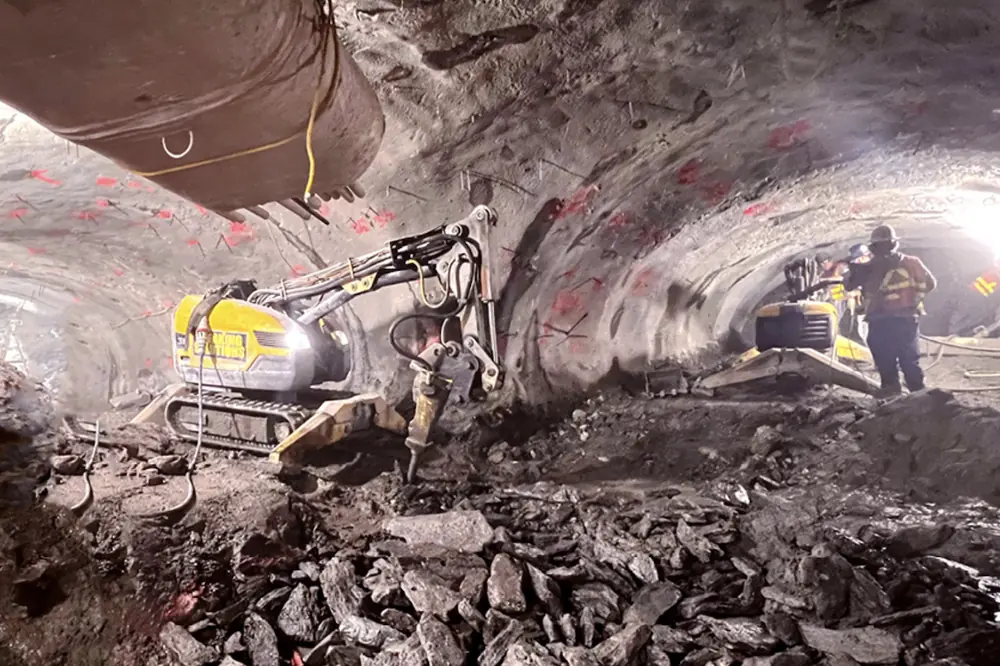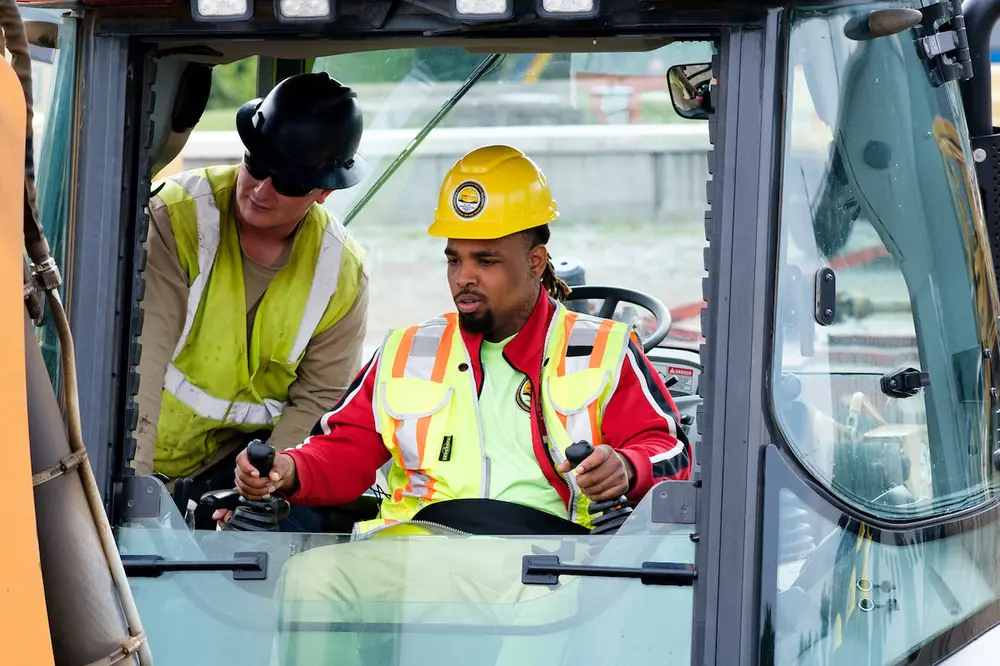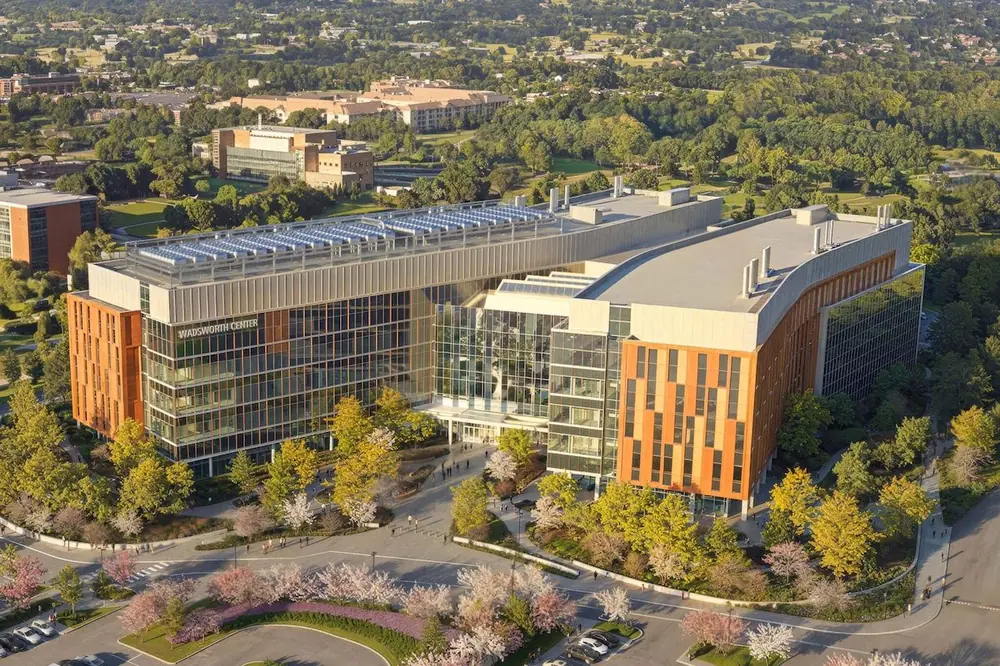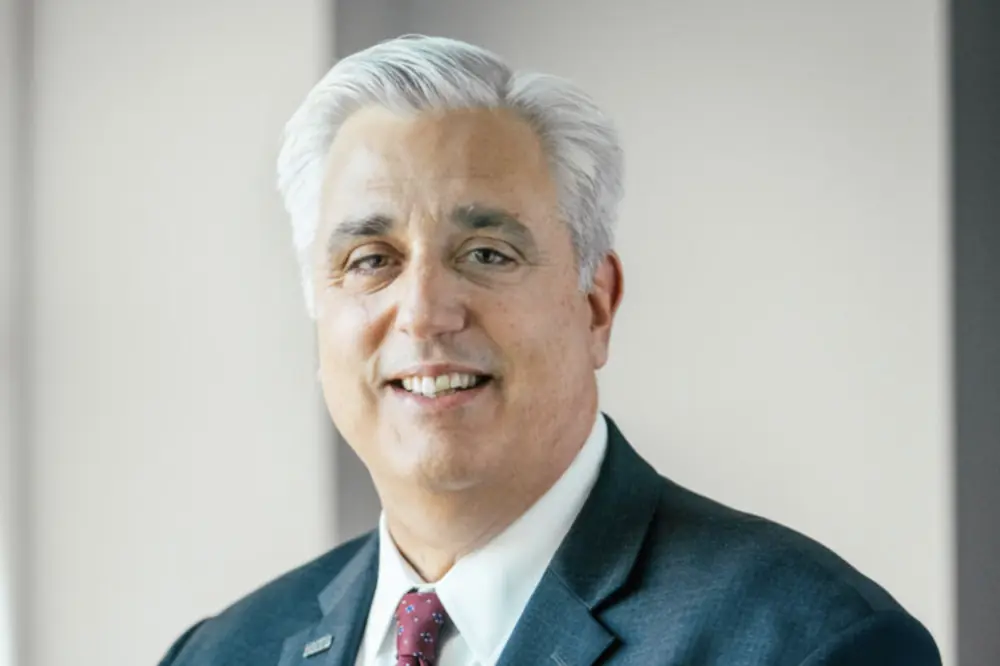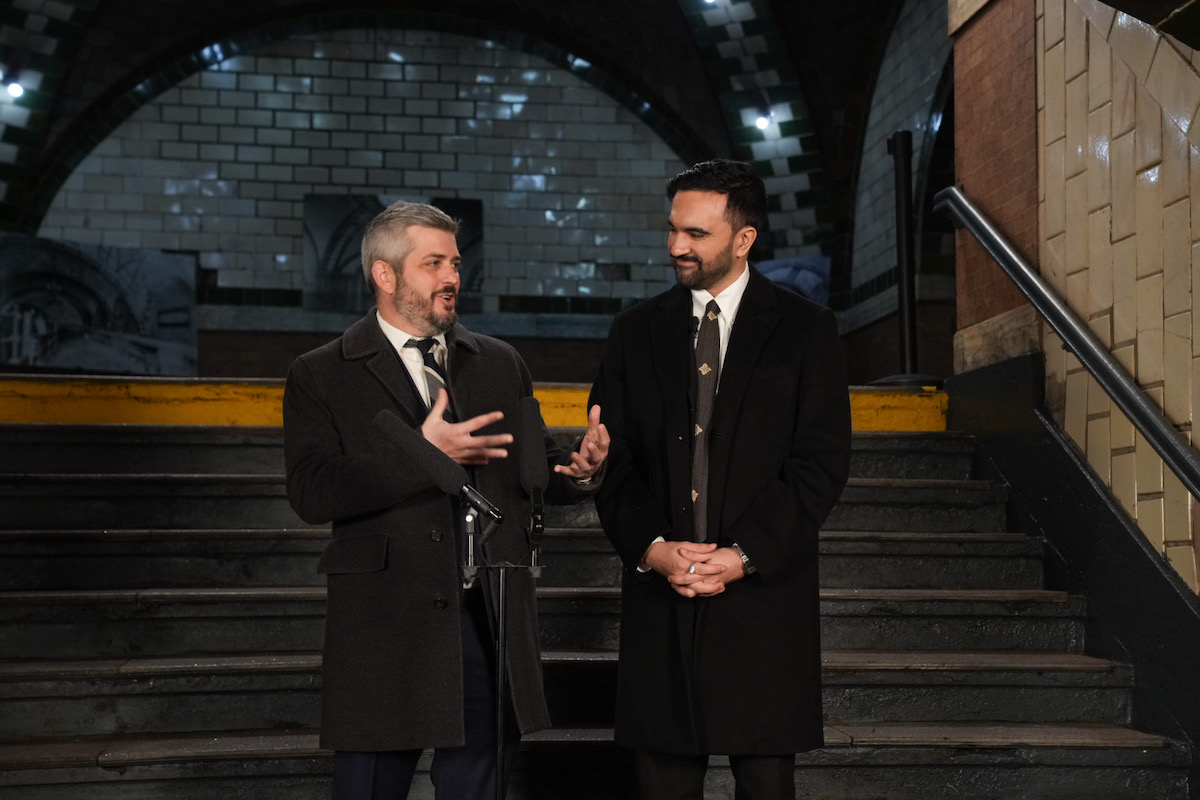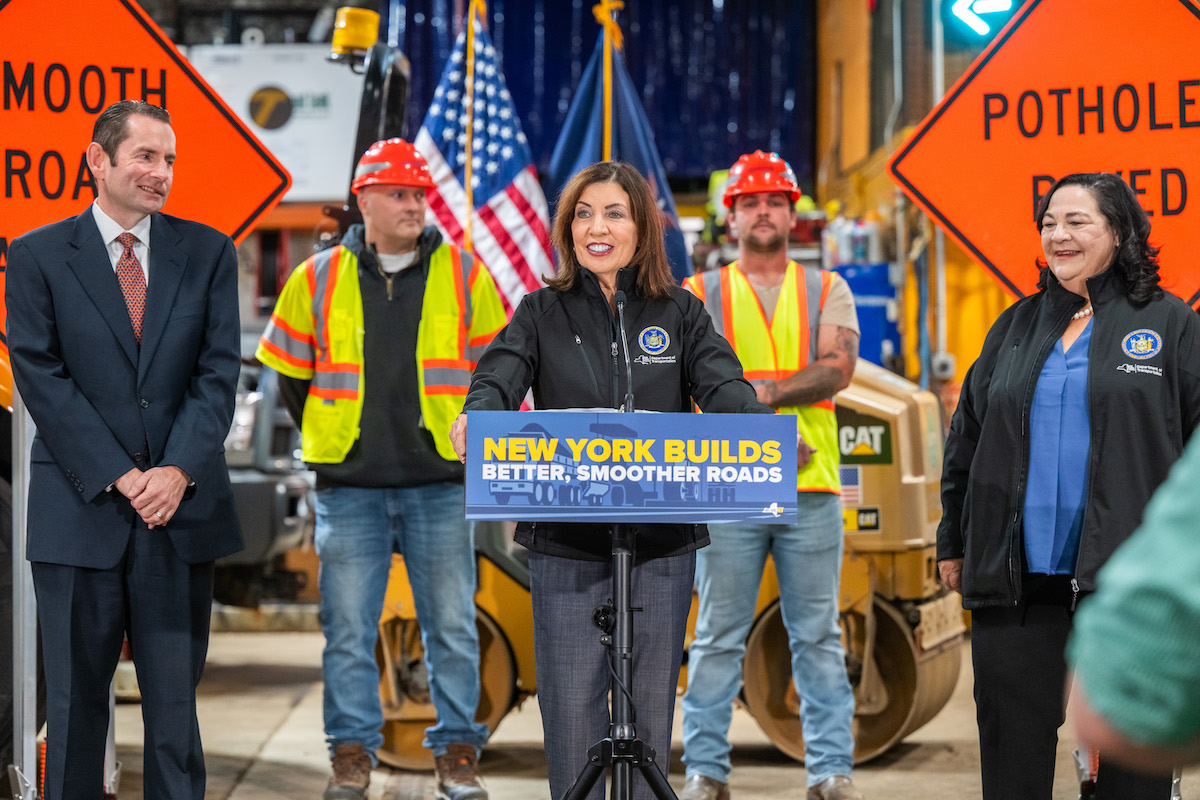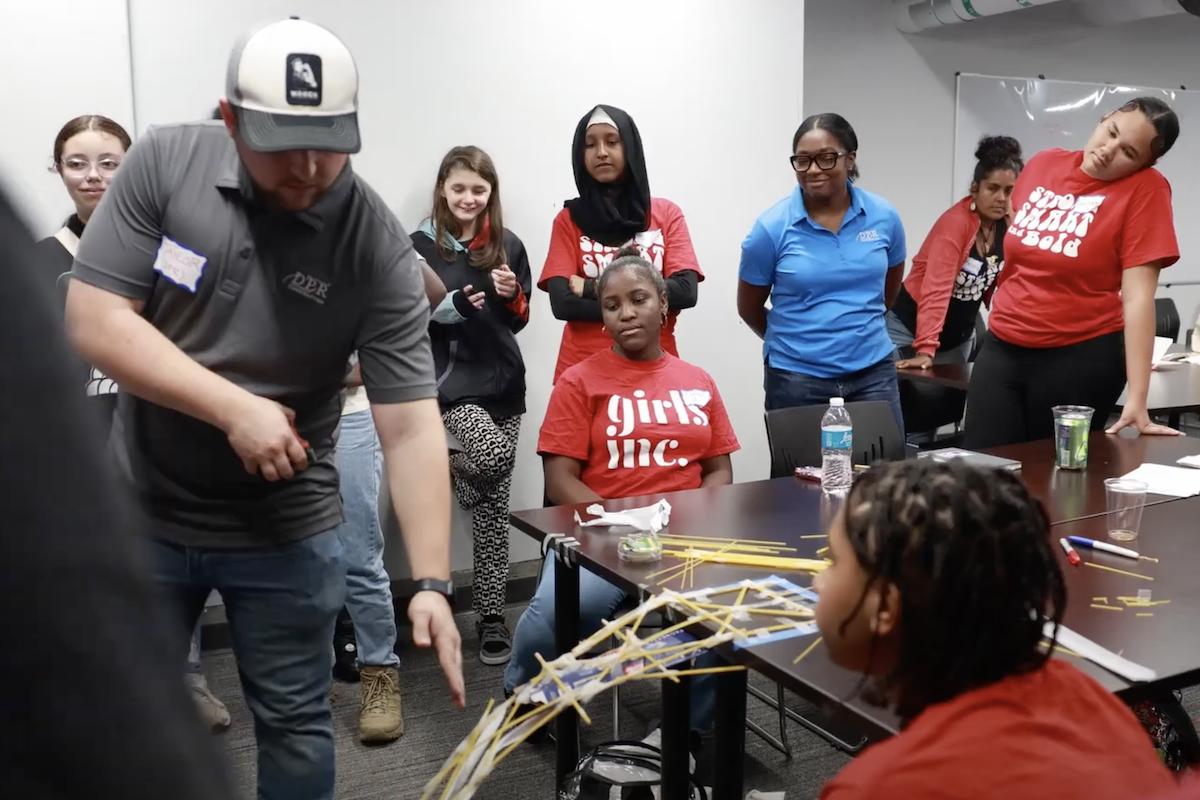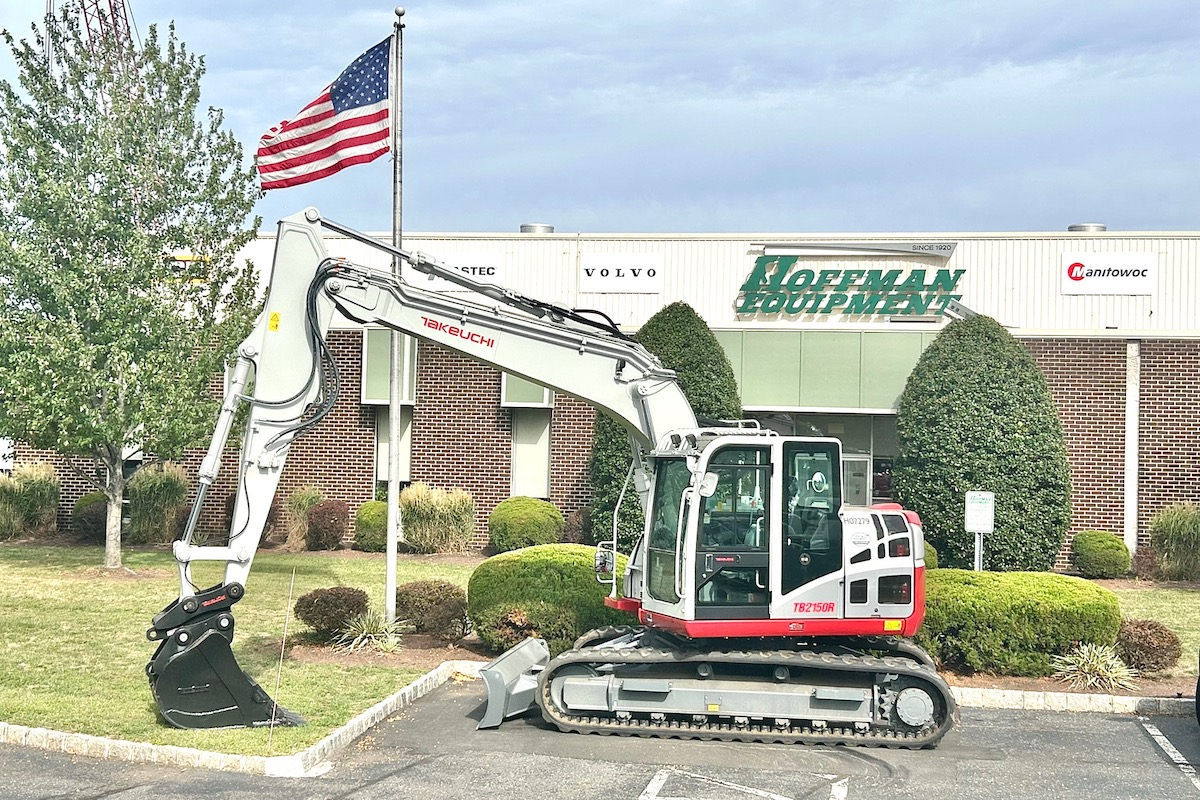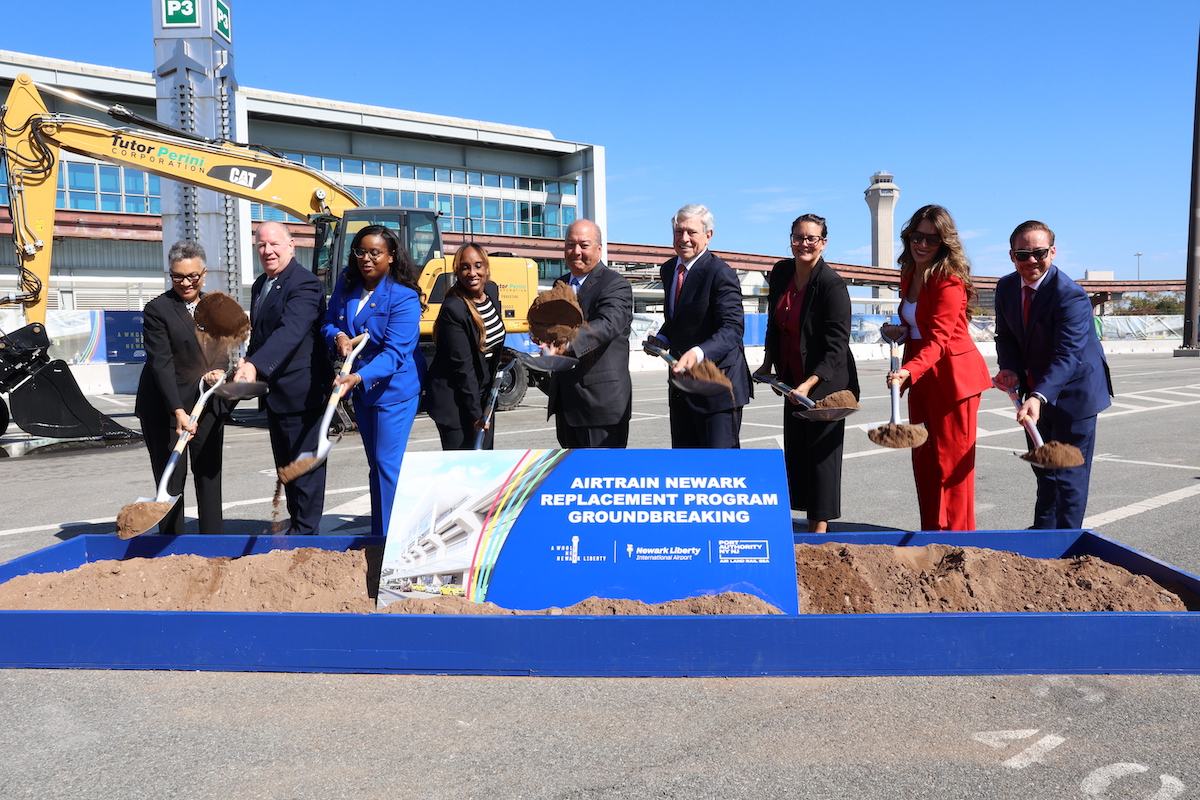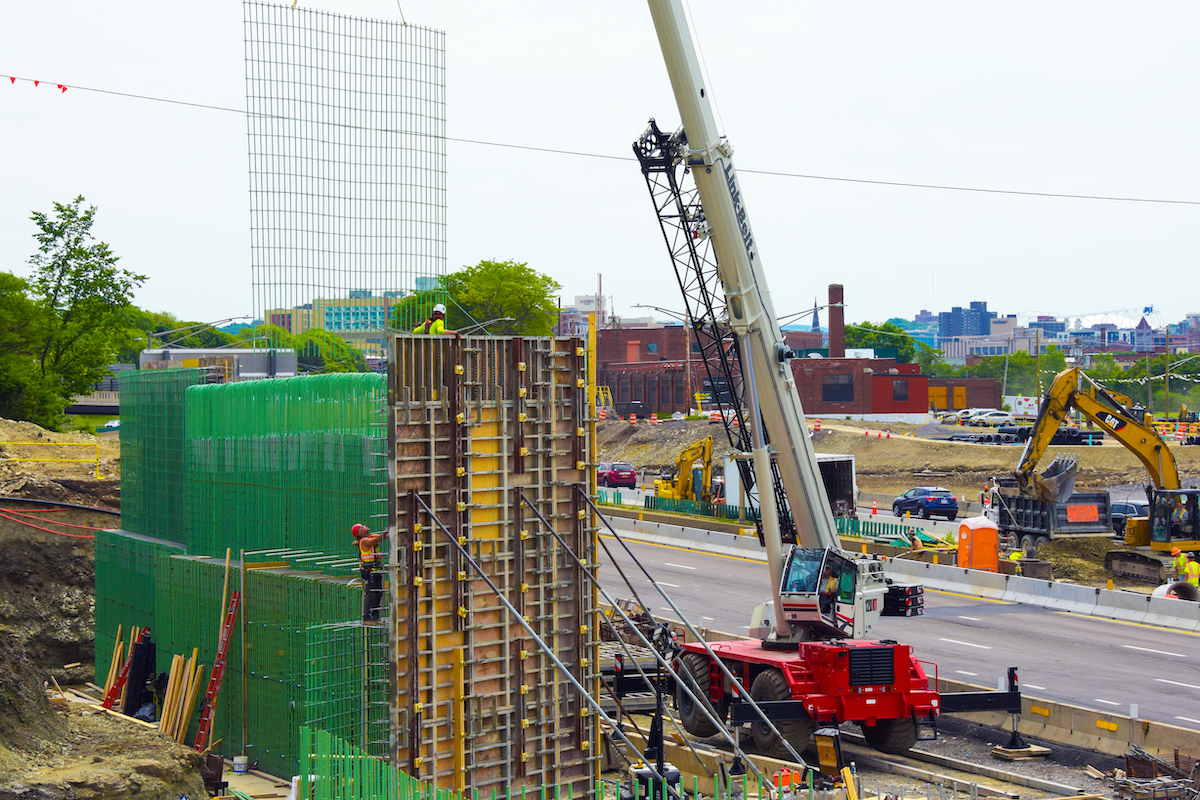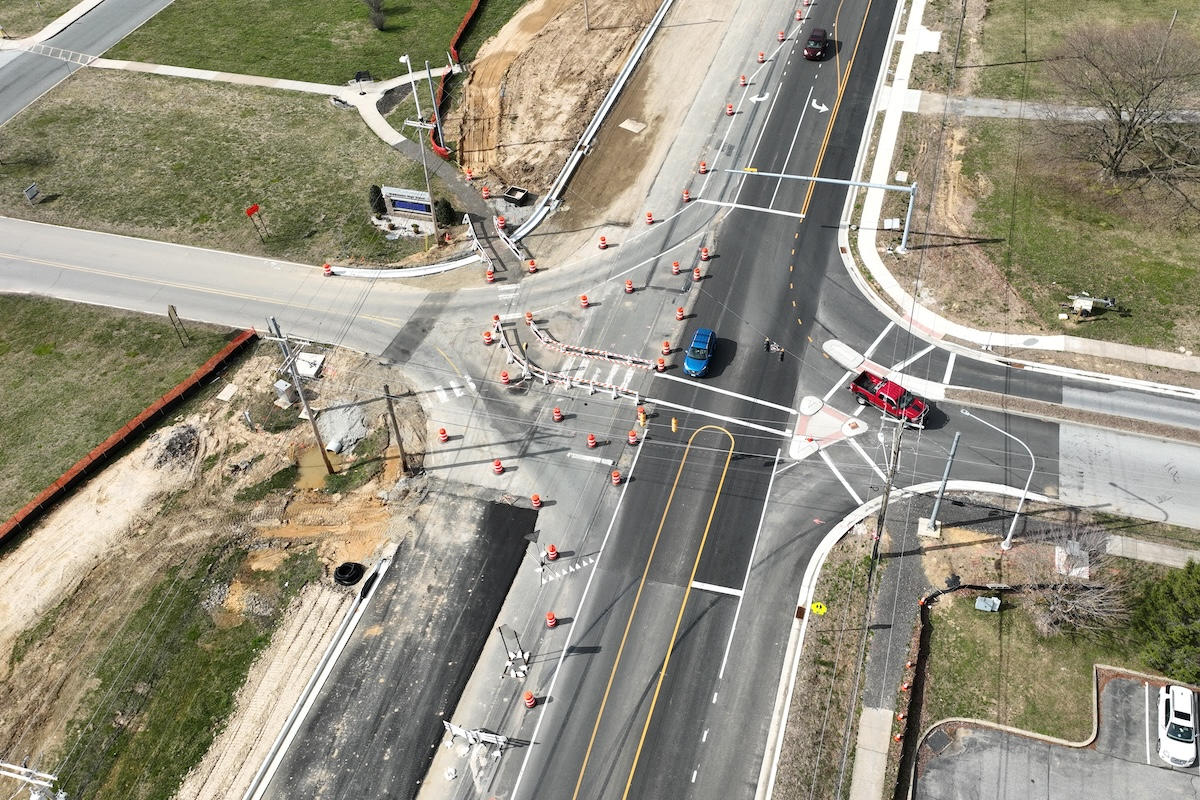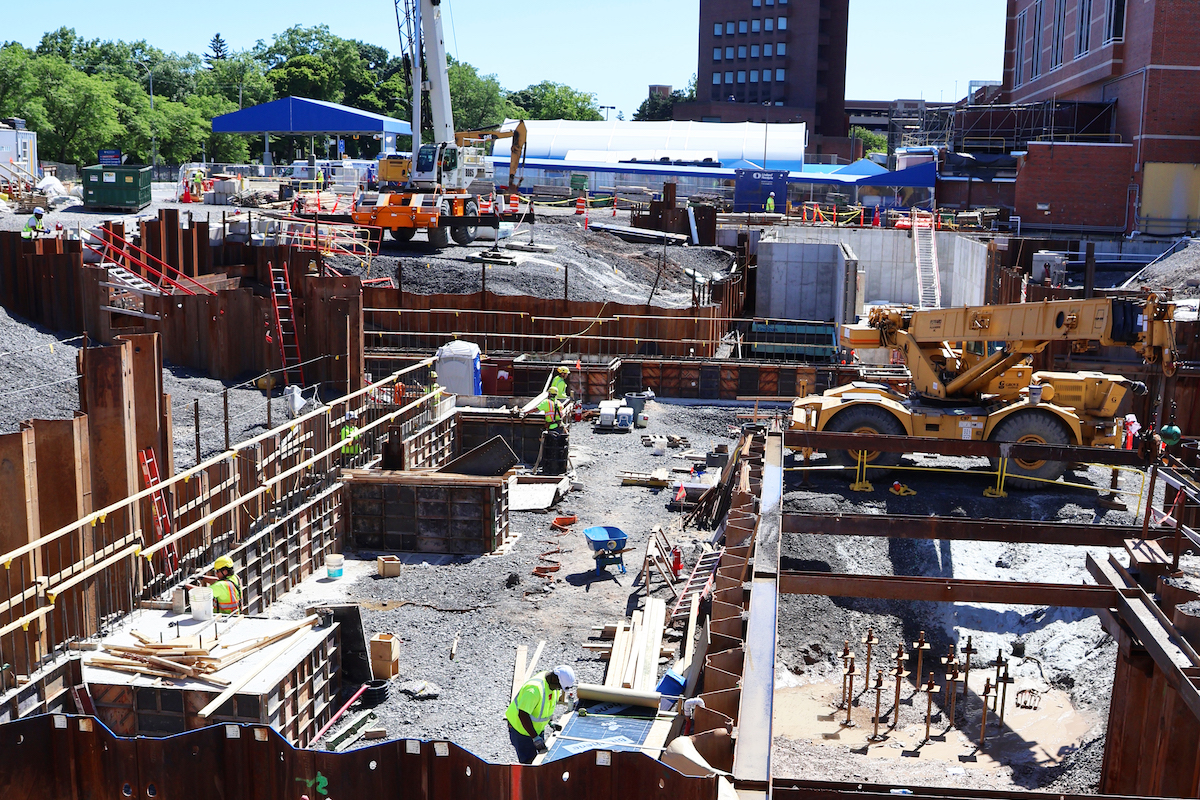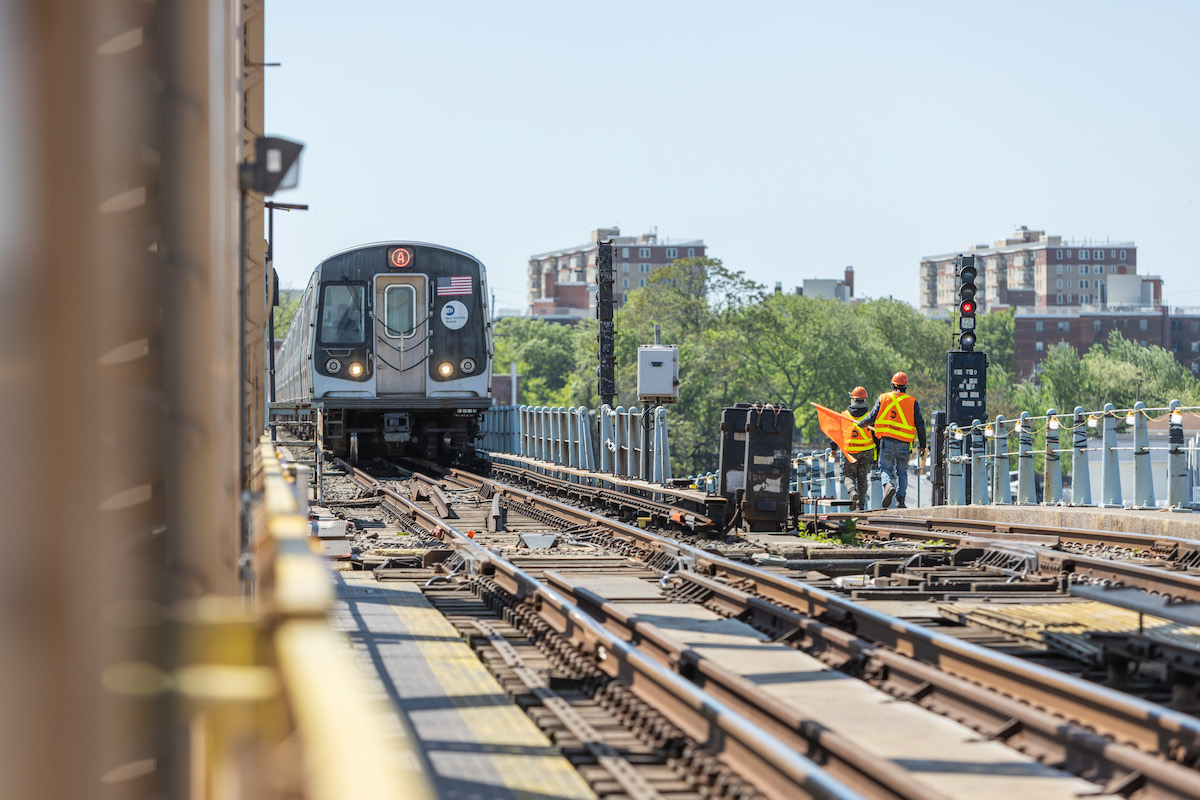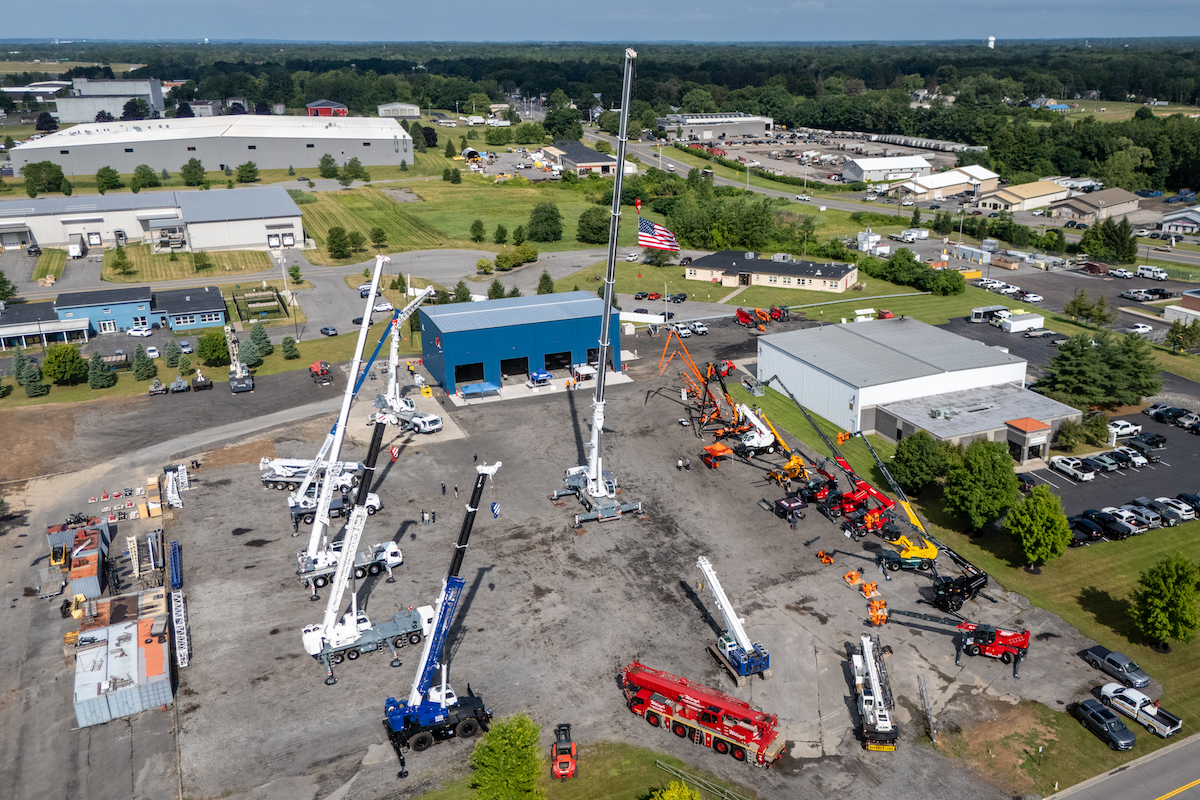New England is currently experiencing an unprecedented level of infrastructure spending, resulting in what has been one of the busiest times for construction in the region in the past 25 years. With this new influx of major infrastructure projects coming into construction firms’ pipelines, the industry’s outlook for the next decade is robust.
However, this surge presents both opportunities and challenges, especially in the context of a diminished construction workforce. At the beginning of this year, a proprietary model developed by Associated Builders and Contractors showed that the construction industry would need to add an estimated 501,000 workers on top of the normal pace of hiring in 2024 to meet the demand for labor.
At Skanska, we are preparing to meet the needs of our rapidly growing pipeline in New England by strategically investing in recruiting and training efforts to properly staff incoming projects that will extend into the 2030s.
All industries experienced an understandable slowdown during the COVID-19 pandemic, and construction was no exception. We’ve seen activity across all facets of the industry slowly begin to emerge from states of volatility, which has resulted in the influx of work we are now experiencing in New England. The loosening of supply chains, for example, has aided in the industry’s recovery, and issues that we had seen two or three years ago during the height of the pandemic are no longer there.
However, the uptick in construction work has had its own impact on the supply chain. Specific parts such as electrical gear (generators and transformers) and HVAC equipment remain difficult to source, and with more firms experiencing rapidly growing pipelines of work, lead times for these materials have extended.

| Your local Trimble Construction Division dealer |
|---|
| SITECH Allegheny |
| SITECH Northeast |
| SITECH Allegheny |
| SITECH Northeast |
That said, the industry is still poised to meet the demands brought on by increased infrastructure spending, and the focus has now become preparing the workforce for all the work that needs to be done in the region.
Many of the large infrastructure projects underway across New England are long-term endeavors, with completion timelines extending into the 2030s. These longer-lead timelines mean construction firms must have a comprehensive plan and the necessary workforce in place from even before the start of construction to ensure successful execution.
At Skanska, we prioritize workforce readiness when evaluating new projects, and if we are not confident that we have the skilled labor required to deliver a project on time and to the highest standard, we make the strategic decision not to pursue it. Furthermore, some of the infrastructure projects recently added to our pipeline require specialized labor, and proper planning is crucial to ensure the quality of the work being done.
To meet these demands, we have intensified our recruiting and training efforts in New England. A recent example is the design-build of the I-95 Route 10 Corridor in Rhode Island — a $625 million project that will extend approximately 10 miles across the areas of Providence and Cranston and significantly improve the travel experience for the 185,000 vehicles that the Route 10 corridor accommodates.

| Your local Trimble Construction Division dealer |
|---|
| SITECH Allegheny |
| SITECH Northeast |
| SITECH Allegheny |
| SITECH Northeast |
In preparation for construction, and in order to achieve the aggressive project schedule by 2031, we've focused our efforts on recruiting and training the highly skilled workforce needed to get the project underway.
Each and every one of us plays an important role in shaping Skanska, and society at large, toward a more sustainable and thriving future. As we build for a better society, it is not only important what we do, but also how we do it.
We created the Living our Values framework as a tool to be used by all of our colleagues in order to support our day to day. It outlines best practices and actions, such as creating an inclusive environment and prioritizing the development of others, that are essential for effective leadership and performance. This framework has also helped us establish effective processes for attracting, recruiting, and promoting leaders and specialists, and is a core aspect of Skanska’s culture that has helped us retain and grow our teams.
Recruitment is only the first step in ensuring we have the right workforce to complete upcoming projects. For Skanska, the key to our success lies in training, especially for projects that require skilled labor.

| Your local Trimble Construction Division dealer |
|---|
| SITECH Allegheny |
| SITECH Northeast |
| SITECH Allegheny |
| SITECH Northeast |
In New England, Skanska has ramped up efforts to engage local talent, particularly on the craft side, and with that, also engaging with the younger generation of construction workers currently entering the workforce. We’ve done this by offering internship programs every summer in New England and across the other regions where Skanska operates, which attract young talent from all walks of life and with varying focuses of study such as civil engineering, construction management, and more.
The construction industry is in the midst of a significant generational shift, with Gen X and Baby Boomers beginning to retire and making way for younger workers, particularly Gen Z. This brings both challenges and opportunities, as Gen Z often has different expectations and skill sets, especially in relation to technology. As construction firms implement new technologies — ranging from 3D modeling to robotics — it’s crucial to create synergy between experienced professionals and the next generation of workers to ensure that projects can get done with the same speed and precision.
At Skanska, we recognize the importance of bridging this generational gap and of the role the next generation of construction workers will play in the coming years as we undertake the large infrastructure projects that are now in our pipeline.
Our internship programs, which give soon-to-be college graduates the opportunity to work with veteran construction professionals, have been effective in fostering collaboration and allowed young interns to gain hands-on experience while acclimating to how our firm operates. By facilitating these interactions, we’re ensuring that our workforce is better prepared to tackle the challenges they may face on projects while maintaining the standards that have been vital to our success as a global construction and development firm.

| Your local Trimble Construction Division dealer |
|---|
| SITECH Allegheny |
| SITECH Northeast |
| SITECH Allegheny |
| SITECH Northeast |
Skanska is proud to be at the forefront of the infrastructure boom in New England. With our growing pipeline of work comes the need for a talented workforce that can properly staff these large transformative projects.
At Skanska, we have put a multitude of resources behind the recruitment and training of the new generation of construction professionals, and we strategically laid out how they fit into the plans and timelines for each of our projects. The success of any construction project hinges on the strength of its workforce, and for Skanska, investing in people is the key to building a promising future — not just for our firm but for the entire industry.















